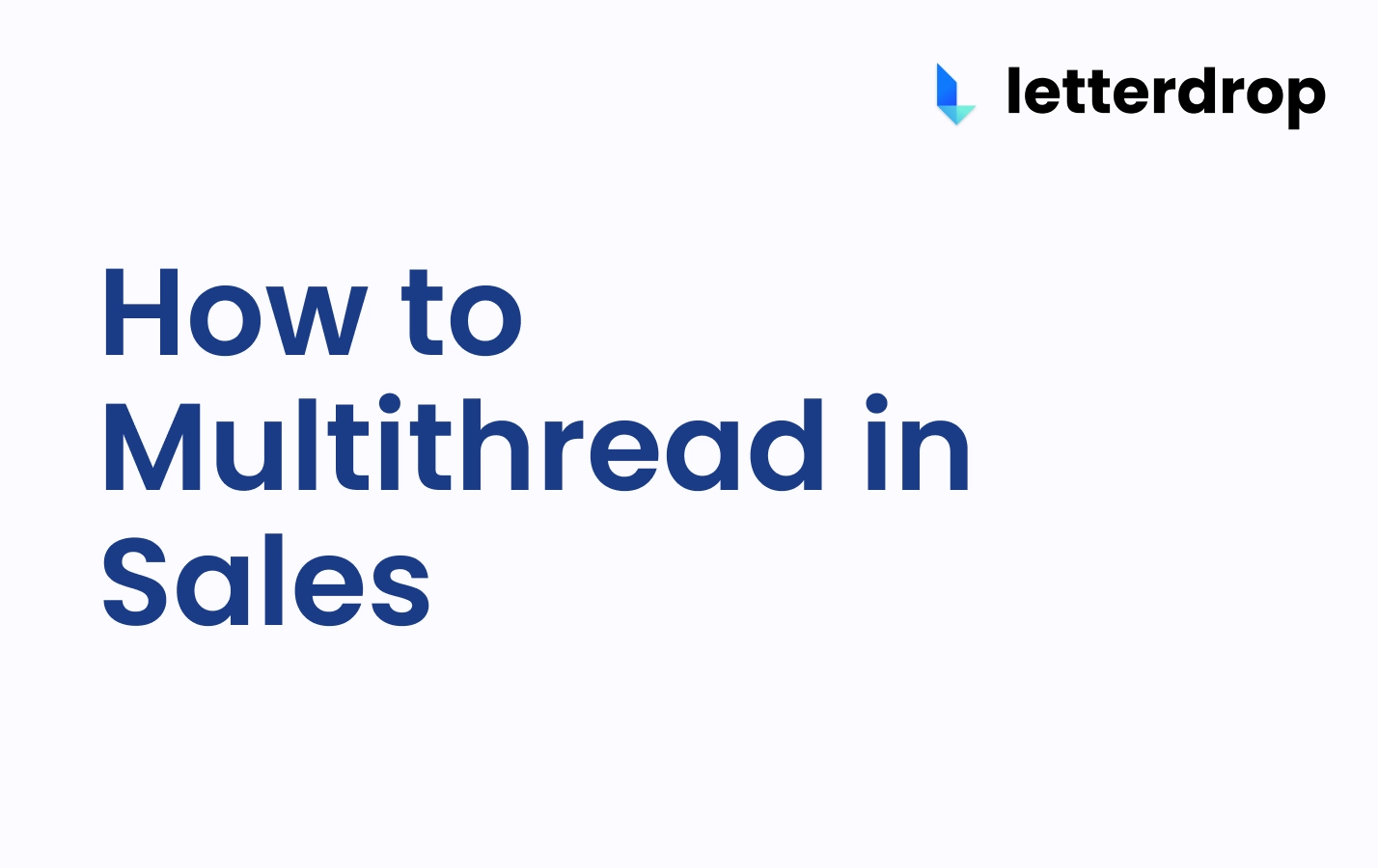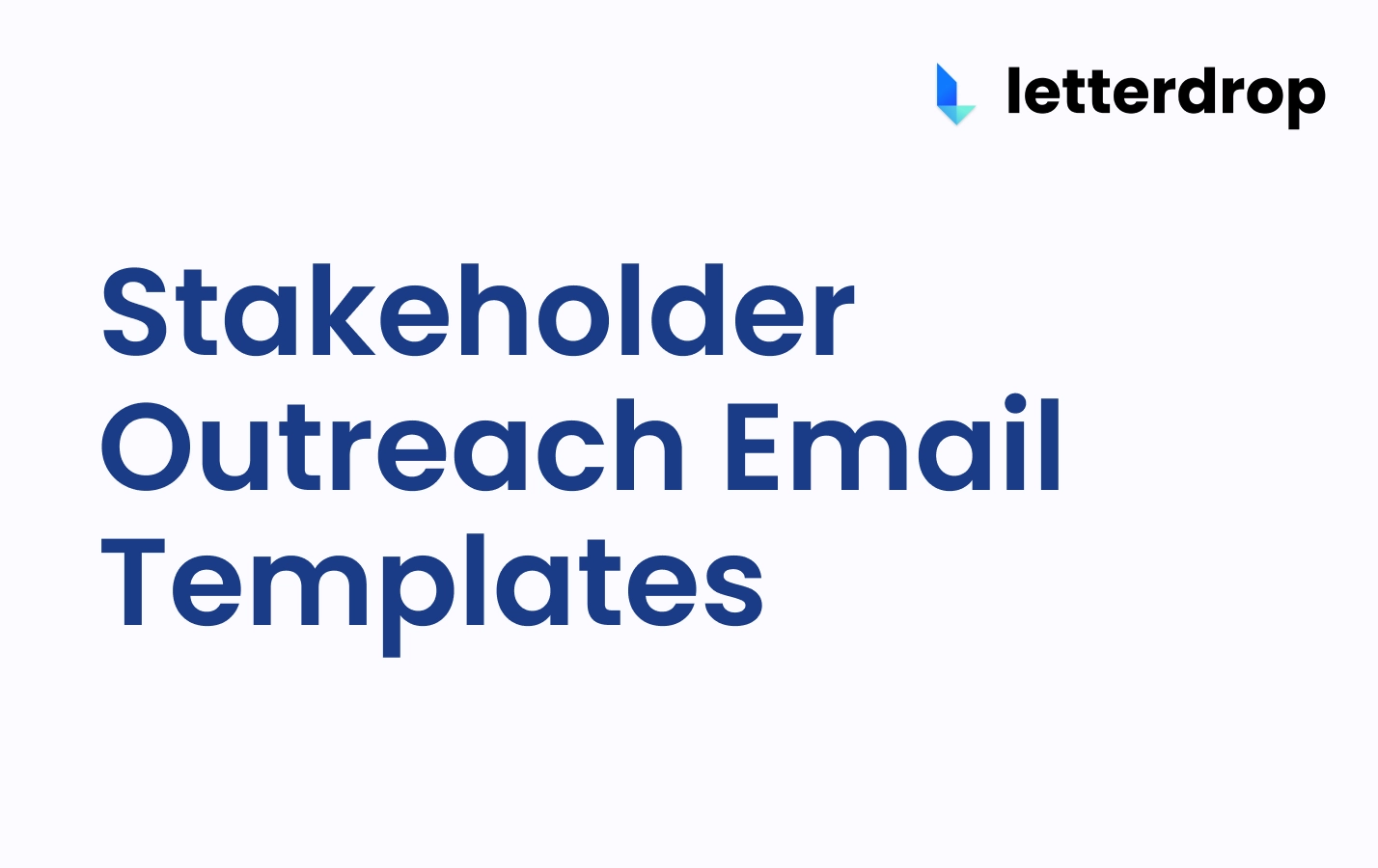How to Use LinkedIn for Sales Prospecting
LinkedIn is where most B2B decision-makers are today, making it ideal for prospecting.
At any time, under 5% of them are in-market to buy, though. That's why it's so important to target warmer opportunities that are already engaging with your posts, which means you need to show up as a credible social seller.
Here's hows to prospect on LinkedIn with this in mind.
How Effective Is LinkedIn for Prospecting?
LinkedIn typically has a higher response rate than email. With over 1 billion users, you're very likely to have your content (and messages) seen by key decision makers in your vertical.
- Our AE’s response rate: 21.6%
- Our CEO’s response rate: 23%
- Cold email response rate: 4-5%
3 Steps to Successful Prospecting on LinkedIn
1. Optimize Your LinkedIn Profile
Successful prospecting begins with a LinkedIn profile that's worth connecting to.
For more information on how to create a profile that sells, check out this guide on how to sell on LinkedIn.
The TL;DR is:
- Benefit-Focused Headline: Clearly state the main benefit you offer.
- Emotional Hook: Address the primary problem you solve right at the beginning.
- Spotlight Expertise: Mention 1-2 key offerings without overloading the reader.
- Value Proposition: Use bullet points and stats to convey your value.
- Simple Language and Layout: Avoid jargon and clichés; keep your tone conversational. Use spacing and bullets to make it an easy read.
- Social Proof: Include endorsements and testimonials.
- Creator Mode: Connections automatically follow you if you turn this on.
- Professional Picture: Use a high-quality, professional headshot.
- Effective Tagline: Include your role and how you help others.
- CTA in Banner: Add a call-to-action in your profile banner.
- Website Link: Direct visitors to your website.
- Helpful "About" Section: Make this section valuable to prospects by helping them understand how you can solve their problems.

2. Build Your Prospect List
We have a seperate guide on how to make a sales prospecting list in general, but here's how to do it specific to LinkedIn.
There are a few ways to build a targeted list of prospects manually using LinkedIn and LinkedIn Sales Navigator.
- Advanced Search Filters: Use LinkedIn's advanced search filters to find prospects based on industry, job title, location, and more according to your ICP.
- Boolean Search: Combine keywords with Boolean operators (AND, OR, NOT) for more precise searches.
- Sales Navigator: You can use Sales Nav to identify and save leads, set up alerts, and access more detailed profiles. Premium features include enhanced search capabilities, increased InMail messages, and improved lead management tools.
- People Also Viewed: Use the 'People Also Viewed' sidebar on LinkedIn to discover similar prospects.
- Use LinkedIn Groups: Identify groups that your prospects are active in and connect with folks there. Participate without pitching to start building some credibility.
Expand your reach with strategies like alumni searches, targeting event attendees, or even monitoring your competitor’s network.

3. Engage With Your Prospects and Social Sell
Once you have your list of prospects and have connected with them, the next step is to engage with them meaningfully through social selling.
(We have a whole guide dedicated to how to follow up with LinkedIn engagement in a way that drives 30% reply rate.)
This includes:
- Reacting to and commenting on posts. No pitching — add value to the conversation
- Sharing relevant content that will resonate with their problems and viewpoints

Social selling helps establish you as a credible source in your industry and warms up prospects to a pitch down the line, once you have earned enough trust to do so.
This can drastically improve your connection acceptance rate, which for pure cold is usually 4%.
Think about it:
- 100 requests/week = 5200 possible connections/yr
- If you connect with 30% of them, that's about 1500 people you can now DM and passively follow you/you can nurture them
It's a no brainer to max out connection requests — just make sure you're doing it safely.
Laura Erdem from Dreamdata shares how social selling helps drive +$1M in pipeline for the team.
Our founding BDR, Ryan Patel, has increased his reply rate on LinkedIn from 5% to 21.6% in less than three months — he also saw a record week of eight outbound demos booked.
You can read his BDR's guide to social selling for a detailed breakdown of his approach to social selling and outbound.
4. Analyze What's Working For You
It's important to set up metrics to understand whether your prospecting efforts are working for you or not.
You might want to sync LinkedIn with a CRM like HubSpot to do this.
Examples include:
- Deals Attributed to LinkedIn: Add a "How did you hear about us?" section to your inbound demo form and track what percentage of your MoM demos are attributed to LinkedIn.
- Connection Acceptance Rate: The percentage of sent connection requests that are accepted.
- Engagement Rate: The level of engagement your posts and messages receive.

What Is the Best Prospecting Message for LinkedIn?
If you've built enough credibility through meaningful network engagement and social selling, you're ready to reach out to your prospects. Social proof and giving something before making an ask are important steps here.
(Here are some LinkedIn prospecting templates for DMs and comments.)
Ryan uses the OPPs framework, which focuses on value-first outreach:
- Observation: Build credibility by making a specific observation about their business — this level of personalization dramatically increases chances of getting a response.
- Example: "Noticed you're using X technology, often indicating Y goal. Is this the case?"
- Process: Prioritize listening and understanding the person's current processes to identify areas where your solution can add value without pitching.
- Problem: Highlight potential issues faced by by the prospect, mentioning how you talk to lots of people facing the same problem.
- Example: "Typically, strategies like yours face X difficulties — I've seen it with a company like Y. Are you experiencing this?"
- Solution: Introduce the possibility of chatting further only after identifying agreed-upon problems.
- Example: "I've got some other ideas for when it comes to solving X — want to set up a meeting so we can chat about it further?"
- Example: "Maybe you could show me how you tackled this?"

It's also worth noting that you can increase your meetings booked by 20% if you start co-prospecting with the rest of your sales team and even your execs, if your team is small enough.
Prospect on LinkedIn — Safely
Looking to ramp up your prospecting on LinkedIn safely?
We can help you with that.
Subscribe to newsletter
No-BS GTM strategies to build more pipeline in your inbox every week
Related Reading
Some other posts you might find helpful















